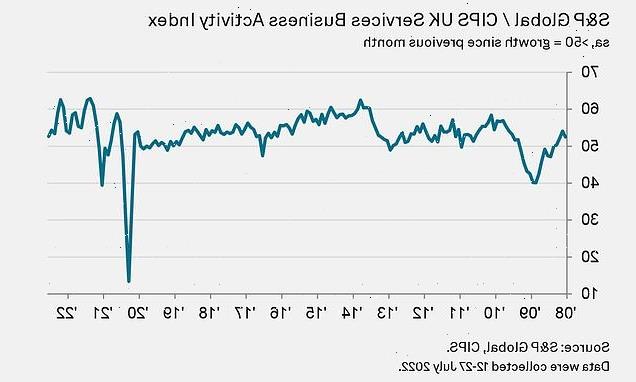WE all have days when we'd rather sit in front of the couch than head into work.
Not only do they pay the bills, but experts have now warned that your job could also predict your risk of dementia.
It's estimated that around 676,000 people in England have the condition, which is a syndrome associated with the decline of brain function.
Now medics have warned that those in low-paid jobs are at risk of developing the illness.
In the UK, some of the worst-paid jobs include cleaners, catering assistants and even teaching assistants – with average salaries under £12,000.
Experts at Columbia University Mailman School of Public Health found that sustained low wages are associated with significantly faster memory decline.
Read more on dementia
Simple item added to diet could slash dementia risk, study suggests
My husband chased an imaginary dog in house – it was sign of killer disease
Such jobs have previously been associated with depression, obesity and hypertension – which are also factors in a decline in brain health, the experts said.
The minimum wage for Brits is £9.50 per hour and in the US the lowest rate is $7.25-per-hour – which equates to around £6.15.
Writing in the American Journal of Epidemiology, doctors said one simple solution to the issue would be to raise wages to $15-per-hour (£12.30).
Senior author Adina Zeki Al Hazzouri, PhD, assistant professor of epidemiology at Columbia Mailman School and the Columbia Butler Aging Center said a change in policy would be beneficial for cognitive health.
Most read in Health
How your hair going grey could be sign of silent killer, docs warn
New Covid symptom strikes at night as 1 in 10 with BA.5 Omicron strain suffer
New monkeypox skin symptoms identified – as ‘more deaths expected’
I can no longer hug my wife & kids after being struck with devastating disease
"Future work should rigorously examine the number of dementia cases and excess years of cognitive aging that could be prevented under different hypothetical scenarios that would increase the minimum hourly wage," they added.
Researchers looked at data on over 2,879 people born between 1936 and 1941.
They looked at those who specifically had a history of low wages and compared them to those who never earned a small pay cheque.
The experts also looked at those who earned low wages, or always earned low wages based on wages earned from 1992 to 2004.
Then they examined the relationship with memory decline over the next 12 years from 2004-2016.
What are the main symptoms of dementia?
Dementia symptoms vary depending on the cause. But common signs and symptoms include:
Cognitive changes
- memory loss, which is usually noticed by a spouse or someone else
- confusion and disorientation, such as not knowing the place or time
Difficulty:
- communicating or finding words
- following a conversation
- with visual and spatial abilities, such as getting lost while driving
- reasoning or problem-solving
- handling complex tasks
- planning and organising
- with coordination and motor functions
Psychological changes
- personality changes
- depression
- anxiety
- inappropriate behaviour
- paranoia
- agitation
- hallucinations
The symptoms specific to Alzheimer's disease include:
- memory problems, such as regularly forgetting recent events, names and faces
- asking questions repetitively
- increasing difficulties with tasks and activities that require organisation and planning
- becoming confused in unfamiliar environments
- difficulty finding the right words
- difficulty with numbers and/or handling money in shops
- becoming more withdrawn or anxious
Comparing those with low wages to those who have always earned a reasonable salary, experts said the lowest paid experienced significantly faster memory decline in older age.
They had approximately one excess year of cognitive aging per a 10-year period.
Meaning the level of cognitive aging experienced over a 10-year period by low-wage earners would be the same as those who never earned low wages experienced in 11 years.
It was previously reported that there are a variety of key factors that increase your risk of dementia.
Researchers looked at participants’ performance on memory and attention tests, and how this was impacted by eight modifiable risk factors for the syndrome.
These were:
- Low education (less than a high school diploma)
- Hearing loss
- Traumatic brain injury
- Alcohol or substance abuse
- High blood pressure (hypertension)
- Smoking (currently or in the past four years)
- Diabetes
- Depression
Each factor led to a decrease in cognitive performance by as much as three years of ageing, with each additional factor contributing the same amount of decline.
Read More on The Sun
UK’s cheapest supermarket for basket of 153 items revealed
I’m a builder… these are the horrors people miss when buying a house
For example, having three risk factors could lead to a decrease in cognitive performance equivalent to as much as nine years of ageing.
The effects of the risk factors increased with age, as did the number of risk factors people had.
Source: Read Full Article











